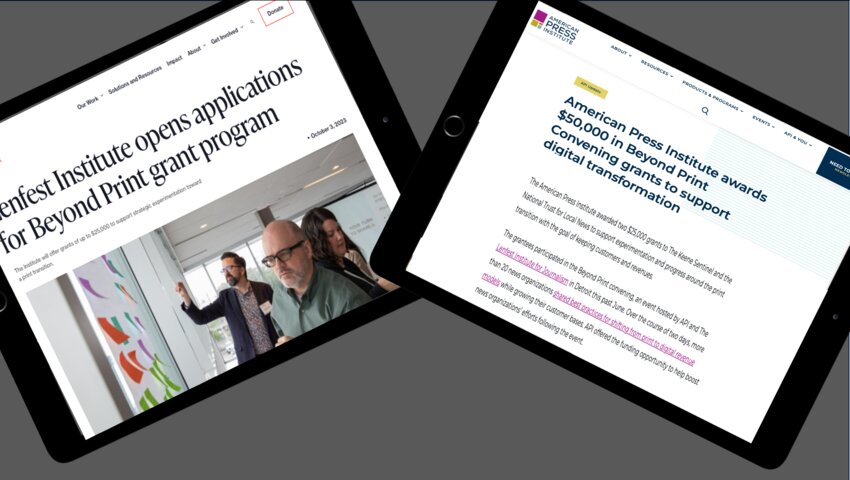Some Of International News Online
Some Of International News Online
Blog Article
Some Of International News Online
Table of ContentsInternational News Online for DummiesAn Unbiased View of International News OnlineNot known Incorrect Statements About International News Online 9 Easy Facts About International News Online ShownWhat Does International News Online Do?
Some social media websites in spite of having relatively tiny general audiences stand out for having high shares of customers who frequently go to the site for information. On the other hand, just 15% of Snapchat customers consistently obtain news on the app.
, Sept
When asked whether social media is a great or bad thing for democracy in their country, an average of 57% across 19 nations claim that it is a good point. In practically every nation, close to half or more state this, with the view most typical in Singapore, where roughly three-quarters think social media is a great point for democracy in their nation.
And in the united state, just around a third think social networks is positive for democracy the smallest share amongst all 19 countries evaluated. In 8 countries, those who think that the political system in their nation permits them to have an influence on national politics are likewise most likely to say that social media sites is a good point for freedom.
Those who watch the spread of incorrect information online as a significant threat to their country are much less most likely to say that social media sites is an advantage for freedom, compared to those that watch the spread of false information online as either a minor threat or not a threat in any way.
Excitement About International News Online
Older adults in 12 countries are much less likely to claim that social media is a good thing for democracy in their country when contrasted to their younger equivalents. In Japan, France, Israel, Hungary, the UK and Australia, the void between the youngest and oldest age teams is at the very least 20 percent points and varies as high as 41 factors in Poland, where nearly nine-in-ten (87%) more youthful grownups claim that social media has been a good thing for democracy in the nation and just 46% of adults over 50 state the same.
Across the six concerns examined, couple of have a tendency to state they see no changes due to increased connection rather seeing points changing both positively and adversely and usually both at the same time (International News Online). A typical of 84% say technological connection has made people less complicated to manipulate with false info and reports one of the most amongst the six problems checked
Indeed, in most countries, those who believe social media sites has made it much easier to manipulate people with misinformation and reports are additionally more probable to assume that social media has made people a lot more educated. When it pertains to national politics, the internet and social media are generally seen as disruptive, with a mean of 65% stating that individuals are currently much more divided in their political opinions.
Indicators on International News Online You Should Know
This feeling of hazard is associated with the widespread belief that individuals today are now much easier to control with false information and reports thanks to the net and social media. Around fifty percent or more in every nation surveyed shares this sight. And in places like the Netherlands, Australia and the UK, around nine-in-ten see individuals as more manipulable.
For instance, in South Korea, 90% of those under age 30 say social networks makes individuals easier to adjust, compared with 65% of those 50 and older. (Remarkably, U.S.-focused study has actually found older grownups are more probable to share false information than younger ones.) Individuals with even more education are likewise frequently more most likely than those with less education to state that social media has actually caused individuals being easier to adjust.

In 2016, as an example, following the united state presidential political election, 64% of united state adults thought completely fabricated news had actually triggered a good deal of complication concerning the standard truths of present events. At the time, around a third really felt that they usually encountered political news online that was completely made up and an additional fifty percent claimed they commonly ran into information that was not fully exact.
Things about International News Online
In Sweden, Japan, Greece and the Netherlands, around eight-in-ten or more share this sight, while in Malaysia, a smaller sized majority (56%) claims the same. Younger adults tend to see social networks making individuals a lot more enlightened than older grownups do. Older adults, for their part, don't necessarily see the internet and social networks making people less notified regarding what's taking place in their country; instead, they're rather most likely to explain these platforms as having little effect on individuals's details degrees.

Report this page